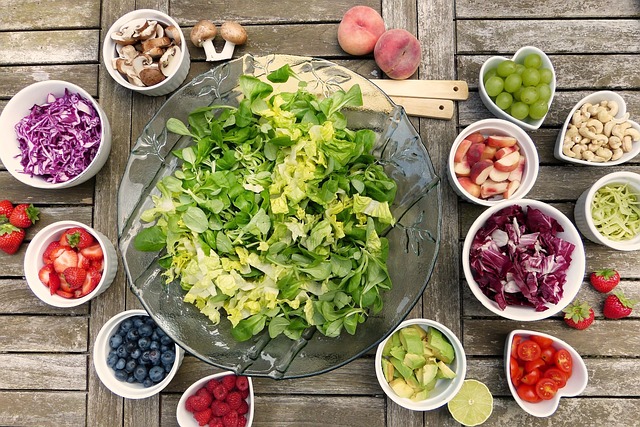The Ultimate Guide to Understanding Probiotics: What They Are and How They Work
Probiotics have become increasingly popular in recent years, with many people incorporating them into their daily routine. But what exactly are probiotics, and how do they work? In this ultimate guide, we’ll explore everything you need to know about probiotics.
What Are Probiotics?
Probiotics are live microorganisms that are beneficial to our health when consumed. They are typically found in fermented foods and supplements. There are many different strains of probiotics, but the most commonly used are lactic acid bacteria and bifidobacteria.
How Do Probiotics Work?
Probiotics work by colonizing the gut with beneficial bacteria. Our gut is home to trillions of microorganisms, both good and bad. When we consume probiotics, they can help to increase the number of good bacteria in our gut, which can help to prevent and treat certain health conditions.
Probiotics can also help to modulate the immune system, which can be beneficial for those with autoimmune disorders or allergies. Additionally, some strains of probiotics have been shown to produce certain chemicals that can help to improve our mood and reduce anxiety.
The Benefits of Probiotics
Probiotics have been studied extensively for their potential health benefits. Some of the most well-known benefits of probiotics include:
- Improved Digestive Health: Probiotics can help to alleviate symptoms of digestive disorders, such as irritable bowel syndrome (IBS), inflammatory bowel disease (IBD), and diarrhea.
- Stronger Immune System: By modulating the immune system, probiotics can help to prevent infections and reduce the severity of illnesses.
- Better Mood: Some strains of probiotics have been shown to produce chemicals that can help to improve our mood and reduce symptoms of anxiety and depression.
- Reduced Inflammation: Chronic inflammation has been linked to a number of health problems, including heart disease, diabetes, and cancer. Probiotics can help to reduce inflammation in the body.
Probiotic Foods
Probiotics are naturally found in many fermented foods. Some of the best probiotic foods include:
- Yogurt: Yogurt is a great source of probiotics, particularly lactobacillus and bifidobacteria.
- Kimchi: Kimchi is a Korean fermented vegetable dish that is rich in probiotics.
- Kefir: Kefir is a fermented drink that is similar to yogurt, but contains a wider variety of probiotic strains.
- Sauerkraut: Sauerkraut is a fermented cabbage dish that is also rich in probiotics.
Probiotic Supplements
If you’re not a fan of fermented foods, you can also get your probiotics from supplements. Probiotic supplements come in many different forms, including capsules, tablets, and powders.
When choosing a probiotic supplement, it’s important to look for products that contain a high number of live bacteria per dose. Additionally, different probiotic strains have different health benefits, so you may want to choose a supplement that is tailored to your specific needs.
Side Effects of Probiotics
Probiotics are generally considered safe for most people. However, some people may experience mild side effects, particularly in the first few days of taking probiotics. These side effects can include:
- Bloating
- Gas
- Diarrhea
- Constipation
These side effects are typically short-lived and should resolve on their own. If you experience more severe side effects, or if your symptoms persist for more than a few days, you should consult with your healthcare provider.
Conclusion
Probiotics are an important part of a healthy diet and have been shown to have numerous health benefits. Whether you get your probiotics from fermented foods or supplements,







